I was pretty psyched a few months back when Glenn Gabe published some research showing that WordStream is “the king of featured snippets,” ranking in more featured snippets (AKA position zero) than any other marketing site he analyzed. (However, since I manage our SEO and content marketing and not Larry Kim, I think that should be “queen of featured snippets.” Ahem.)
I’ve already shared some tips with you for ranking in Google’s featured snippet, the first of which is to target complex question queries rather than simple queries that can be answered by Wikipedia or by Google itself – see the query below where Google anticipated a weather search and showed me the weather forecast right from the browser search bar in Chrome!
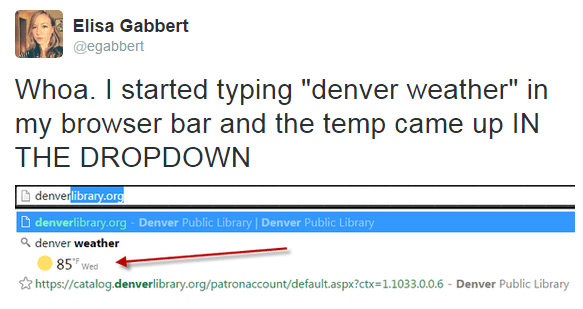
Here’s the reason you should target complex questions: Anyone can answer an easy question, but by providing smart answers to hard questions, better than anyone else on the SERP, you position yourself as an expert that your site visitors can trust. That means those visitors are more likely to come back for more, and more likely to convert. And happy visitors send good engagement signals to Google, which helps your content rank even higher. Positive feedback loop FTW!
Over the years, we’ve targeted many different question keywords on our blog, and some of this content has enormous evergreen value to our business. Below, I’ve identified ten types of question keywords – think of them as question-answering content templates – that can work for any type of business to drive tons of high-quality traffic. I’ve also included some tips for finding more question-based keywords, and optimizing your content to rank for questions.
Question type #1: What’s a good [benchmark/metric] for [process/industry]?
Even people who think they’re hot sh*t like to get confirmation that it’s really the case. So we’re constantly looking for data and information that can tell us if what we hope and suspect – or, in some cases, fear – is true.
A perfect example of this is people searching for salary information – they want to know if they’re underpaid and underappreciated, or, if they are managers, they want to confirm that they’re not underpaying their underlings.
In our industry, marketing, people are always looking for advertising benchmarks, asking questions like “What’s a good click-through rate?” and “What’s a good conversion rate?” Since these are complicated questions, we provide complicated answers based on real data. This post, which provides benchmarks and averages for Google Ads CTR, conversion rate, cost per click and cost per action across 20 different industries, gets several thousand visits a WEEK and drives tons of leads, too!
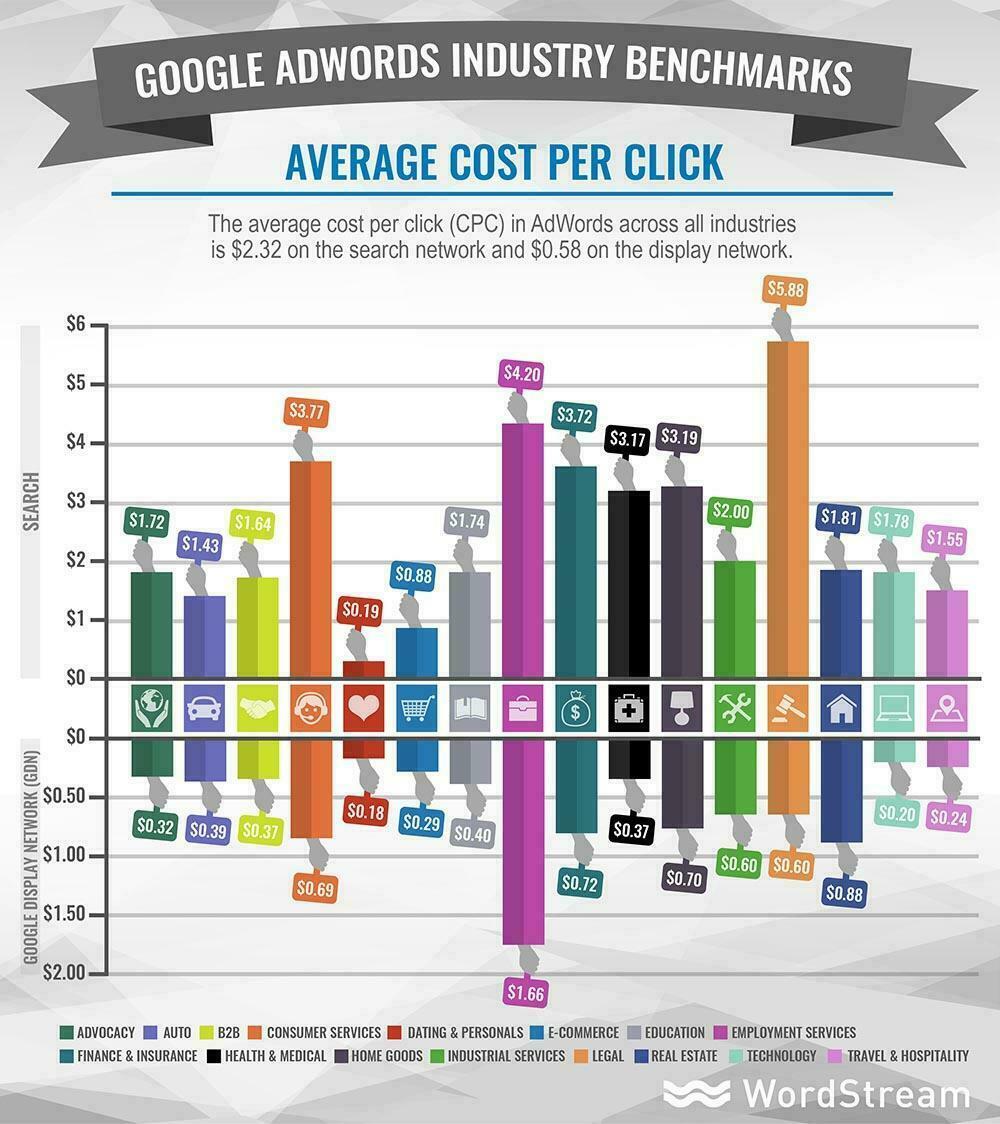
Other examples from our site:
Examples for other niches:
- If you’re in the healthcare or fitness industry: “What’s a good body fat percentage?”
- If you’re in automotive services: “What’s a good gas mileage (for different types of cars)?”
- If you’re in career or educational services: “What’s a good signing bonus?”
Question type #2: How to [increase/improve] [benchmark/metric]?
Once you’ve provided an answer to question type #1, you can go one step further and tell your audience how to increase, improve, or reduce that benchmark. Obviously, once someone finds out that they’re not performing quite up to snuff, they’re going to need advice on how to get better.
As always, remember to provide deep, actionable advice that’s better than what’s already out there. Give people a reason to click on your site instead of one of those dumb wikiHow articles.

Wow, no wonder I’ve got insomnia! I’ve been trying to sleep standing up in a full tux.
Examples from our site:
- How to reduce your bounce rate
- How to increase traffic to your website
- How to increase online sales
- How to raise organic CTR
Examples for other niches:
- If you’re in the green building or energy industry: “How to reduce my electric/gas bill?”
- If you’re in the healthcare or fitness industry: “How to increase muscle mass?”
- If you’re in the email marketing industry: “How to increase open rate?”
Question type #3: How to find X?
One of our oldest blog posts that still gets a ton of traffic is called “How to Find Anyone’s Email Address.” Whatever your industry, you should be able to identify things that your target audience is looking for. Even if you don’t sell exactly what they’re looking for, helping them find what they need is going to create goodwill and good branding.

Other examples from our site:
Examples for other niches:
- If you’re a web design or marketing agency: “How to find freelance designers?”
- If you’re in childcare: “How to find a good babysitter?”
- If you’re in healthcare: “How to find a doctor in a new city?”
🚙 Want to boost traffic to your site?
Download our free guide>> 25 Ways to Increase Traffic
Question type #4: How to learn X for free?
People love learning! OK, maybe not all of them do – but too bad for them, they have to learn stuff anyway to get a job!
People also love to get stuff for free, so they’re always looking for free or cheap online courses, tutorials, etc. to improve their knowledge and make them more marketable.

What’s in it for you? Again, providing a free resource increases trust in your brand. You can also soft-sell visitors on a relevant, gated offer as a way to generate leads. And if you offer a paid version of what they’re looking for, hopefully they come back your way if the free resources out there don’t meet their needs.
Examples from our site:
Examples for other niches:
- If you offer language classes or software: “How to learn Spanish for free?”
- If you’re in the music industry: “How to learn piano for free?”
- If you sell art supplies: “How to learn to draw for free?”
Question type #5: What are the best [tools/products in a category]?
It’s very common for to do research before you buy so you can be confident that your money will be well-spent. In fact, 81% of retail shoppers and 94% of B2B shoppers do research before they buy.

You’re unlikely to rank on a keyword like “best portable grills” with a product page – aside from ads, the top spots are all articles on review or food sites. These are great keywords to go after with unbiased reviews of your favorite products.
Examples from our site:
- What are the best keyword research tools?
- What are the best PPC tools?
- What are the best online survey tools?
Examples for other niches:
- If you’re in the beauty industry: “What are the best waterproof mascaras?”
- If you’re in the home and garden industry: “What are the best deck stains?”
- If you’re in the online marketing industry: “What are the best A/B testing tools?”
Question type #6: How much does X cost?
As noted above, questions of this type are going to be most worth your while as a marketer if they’re not easy to answer. “How much does a flashlight cost” is not a very complex or interesting question (about $10 though, if you’re curious).
Take instead a layered question like “How much does Google Ads cost?” The answer depends on a lot of different variables and factors, which is why we dug in to answer this question with a long-form post and lots of visuals and data. This post, which ranks in the coveted featured snippet, got over 150,000 visits in the past year alone!
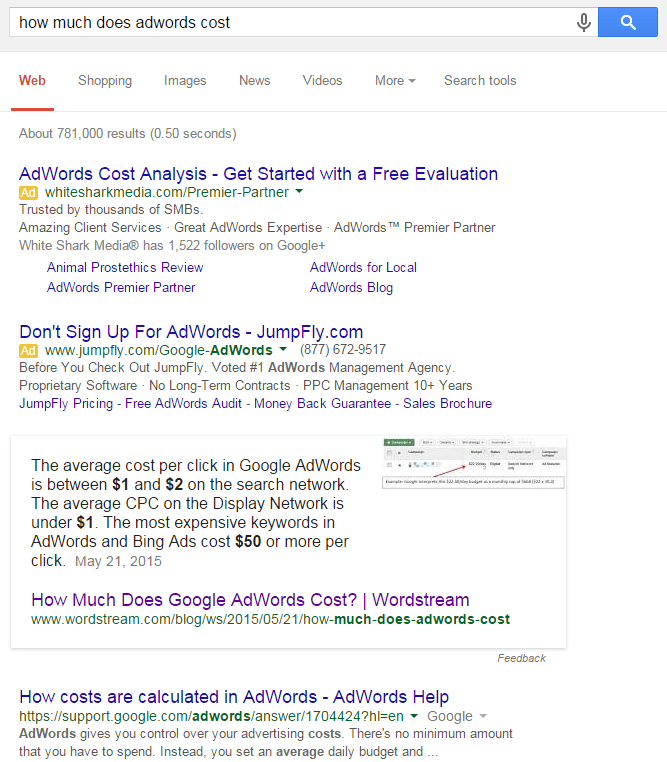
Another example from our site:
Examples for other niches:
- If you’re in the security business: “How much does a security guard cost?”
- If you’re in the legal industry: “How much does a defense lawyer cost?”
- If you’re in the higher education industry: “How much does a graduate degree cost?”
Question type #7: What’s the best time to do X?
Another post from our blog that gets tons of traffic and tons of links and has been doing so for years: “What’s the best time to send email newsletters?”
This is another example of a complex question format, and if you happen to have access to unique data or can do the research that no one else has bothered to do, you can provide a ton of value to a ton of people.

Tell a man the best time to fish and he’ll eat for a lifetime
Examples for other niches:
- If you’re in home goods or services: “What’s the best time to shop for a mattress?”
- If you’re in the travel industry: “What’s the best time to book flights or hotels for the holidays?”
- If you’re in the real estate industry: “What’s the best time to sell a house?”
Question type #8: How to write X?
Writing is one of those things that seems easy but is pretty hard to do well, like making tacos. (I say this as a native Texan who lived in Boston for ten years.)

Nope
This question keyword type might not apply to every industry, but it will apply to a lot of them, because it’s hard to escape the need to write things, from cover letters to social media updates to thank-you notes.
Examples from our site:
- How to write a blog post
- How to write the perfect LinkedIn connection request
- How to write great ad headlines
Examples for other niches:
- If you’re in the consulting industry: “How to write a great project brief”
- If you’re in the PR or SEO industry: “How to write an outreach email or pitch letter”
- If you’re in the video industry: “How to write an explainer video script”
Question type #9: How to improve X skills?
Very similar to the “how to write X” and “how to learn X” question keywords from above. This variation is for people who are looking to get better at a particular job or life skill. Because nobody’s perfect.

via garfieldminusjon
Examples from our site:
Examples for other niches:
- If you’re in the data viz or analysis industry: “How to improve your Excel skills”
- If you’re in the events industry: “How to improve your PowerPoint skills”
- If you’re in the food industry: “How to improve your baking skills”
Question type #10: What’s the difference between X and Y? (or X vs. Y)
I’ve said it before, I’ll say it once more, with feeling: X vs. Y type keywords are most worth your while if they’re somewhat complex. I assure you, someone else has already posted a couple of pictures on the internet showing the difference between a crocodile and an alligator.

If you’re looking to improve your alligator-spotting skills
But sometimes the differences between two complex concepts are a little more subtle. Or, people may be looking to figure out which of two options is better (for example, two competing software offerings or two different approaches to solving a problem), in which case a detailed review and comparison would be in order, with data to back up your assertions if possible.
Examples from our site:
- Search vs. Display: Which Google Ads Network Should You Use?
- Keywords vs. Search Queries: What’s the Difference?
Examples for other niches:
- If you’re in the nutrition industry: “What’s the difference between eating vitamins in food and taking supplements?”
- If you’re in the dating industry: “What’s the difference between Match.com and eHarmony?”
- If you’re in the clothing or wedding industry: “What’s the difference between black tie and white tie (or formal and semi-formal)?”
How to find question keywords to target in your content
If the above list hasn’t already sparked plenty of content ideas for you, see below for ways to find specific question keywords to target.
- Keyword tools – Specifically, Answer the Public and FAQ Fox both return question keywords. You can also filter the results in Moz’s Keyword Explorer to include question keywords (see below)
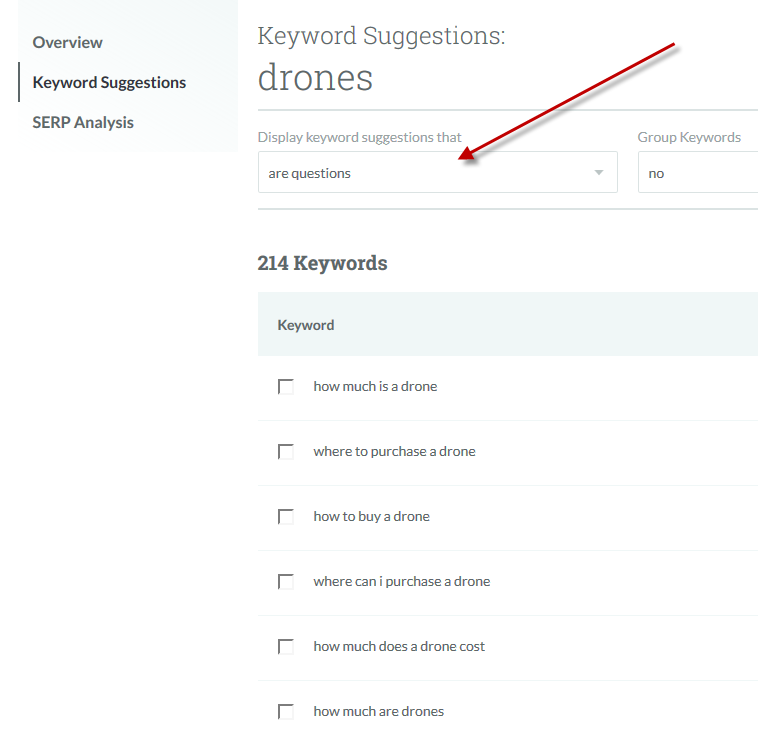
- Q&A sites – Browse Q&A sites (like Quora) and forums in your industry for questions that are common but not answered well already. Try to outrank content that ranks for those questions while only providing shallow or out-of-date information.
- Site search – If your site has a search box, dig through those site-specific search queries looking for question terms like “why” and “how to.”
- Google suggestions – Start typing question queries like “where to buy…” or “how to improve…” in the Google search box and see what comes up. Check out the “Related searches” at the bottom of the SERP too. Try the wild card tip outlined in this post, but note that it doesn’t work every time.
- Surveys – Come right out and ask your readers or customers what their burning, unanswered questions are. Or ask your sales team what the most common questions they hear from prospects are.
How to optimize your content for question keywords
Here are a few quick SEO and content strategy tips for making sure your content can actually rank for the keywords you’re targeting:
- Use the question as the headline – This is more important if it’s a high-volume, competitive keyword. Barring that, make sure to use it in the post somewhere, in a heading, or at least in the meta description, so users searching for that exact question will clearly see that your content provides a relevant answer.
- Check the search volume on the keyword – Use a keyword tool (like Keyword Planner, KWFinder, or our own Free Keywod Tool) to see if your question has decent search volume. If the full question doesn’t show a lot of searches, and it may not, try to align the question with a shorter phrase with very similar intent. For example, “how much do facebook ads cost” has a lower monthly search volume than “facebook ads cost.” If you’ve got a site with a lot of domain authority, feel free to target high-volume keywords. If you’re a newer or smaller site, you might need to start with much less competitive, lower volume keywords.
- Provide accurate, up-to-date, detailed answers to questions – Is this thing on? Did I already say that? I can’t stress enough how important it is to provide the best answer to the question you’re targeting if you want to rank. And keep your content up to date through frequent content audits and updates, or risk getting scooped when people target those same keywords with newer content. Consider implementing a “last updated” feature so people know your answers are still fresh and valuable.
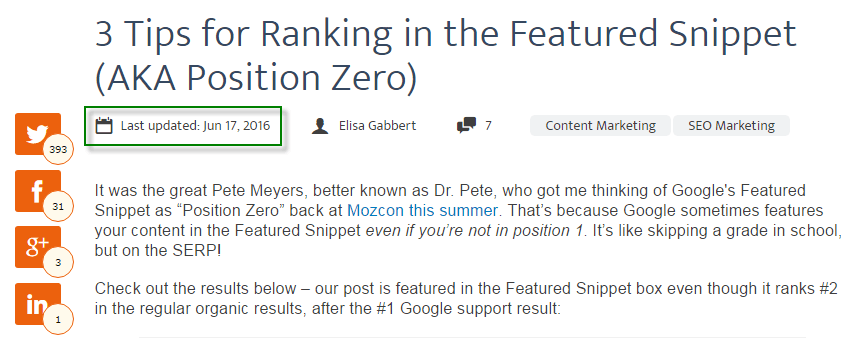
- Try different content formats – Sometimes the best way to answer a question is with a video. (For example, all the results for the apparently popular keyword “how to make a paper gun that shoots” are videos.) Infographics or interactive data visualizations may be the best way to answer a question. You might need to provide a tool or an app. Don’t feel limited to text-based articles and lists.
- Include images and rich text formats – If the question implies that the user is looking for a visual or data or comparisons or a numbered list of steps (etc.) Google loves to include these directly in the featured snippet, so build those into your content. Make it as easy as possible for Google to feature your answer right there at the top of the SERP and you’ll get awesome click-through. Keyword-optimize your images, too.
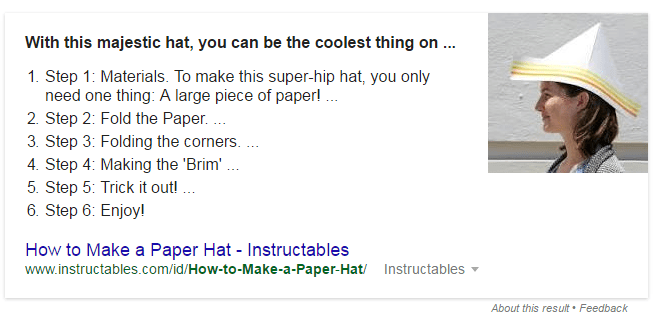
That’s it! Sayonara!

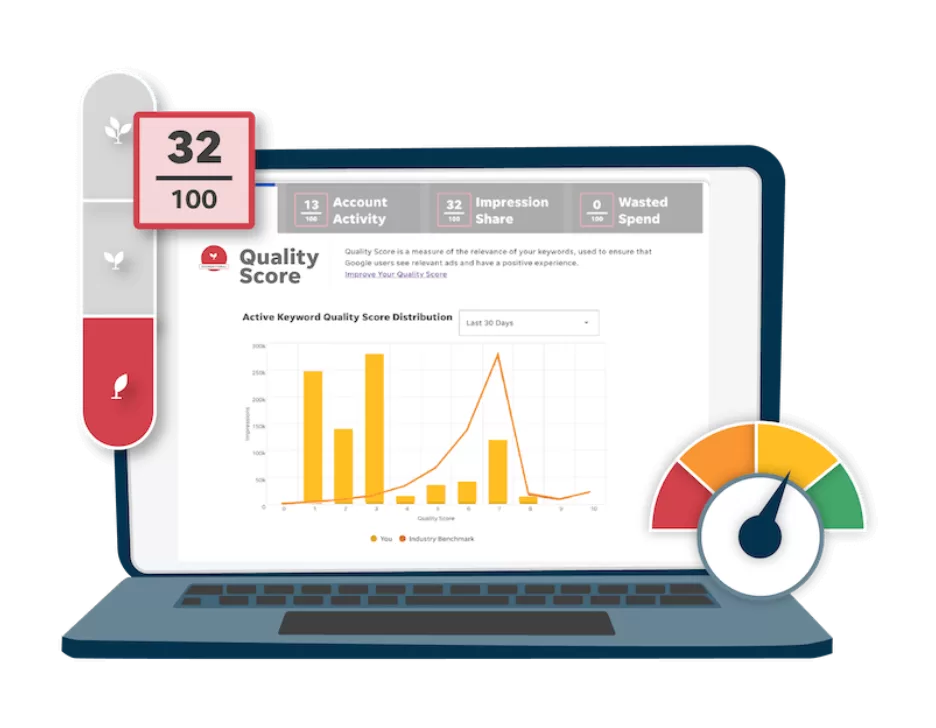

![The 22 Best Keyword Research Tools for Every Need [Free & Paid!]](https://www.wordstream.com/wp-content/uploads/2013/09/keyword-research-tools-feature.png)




